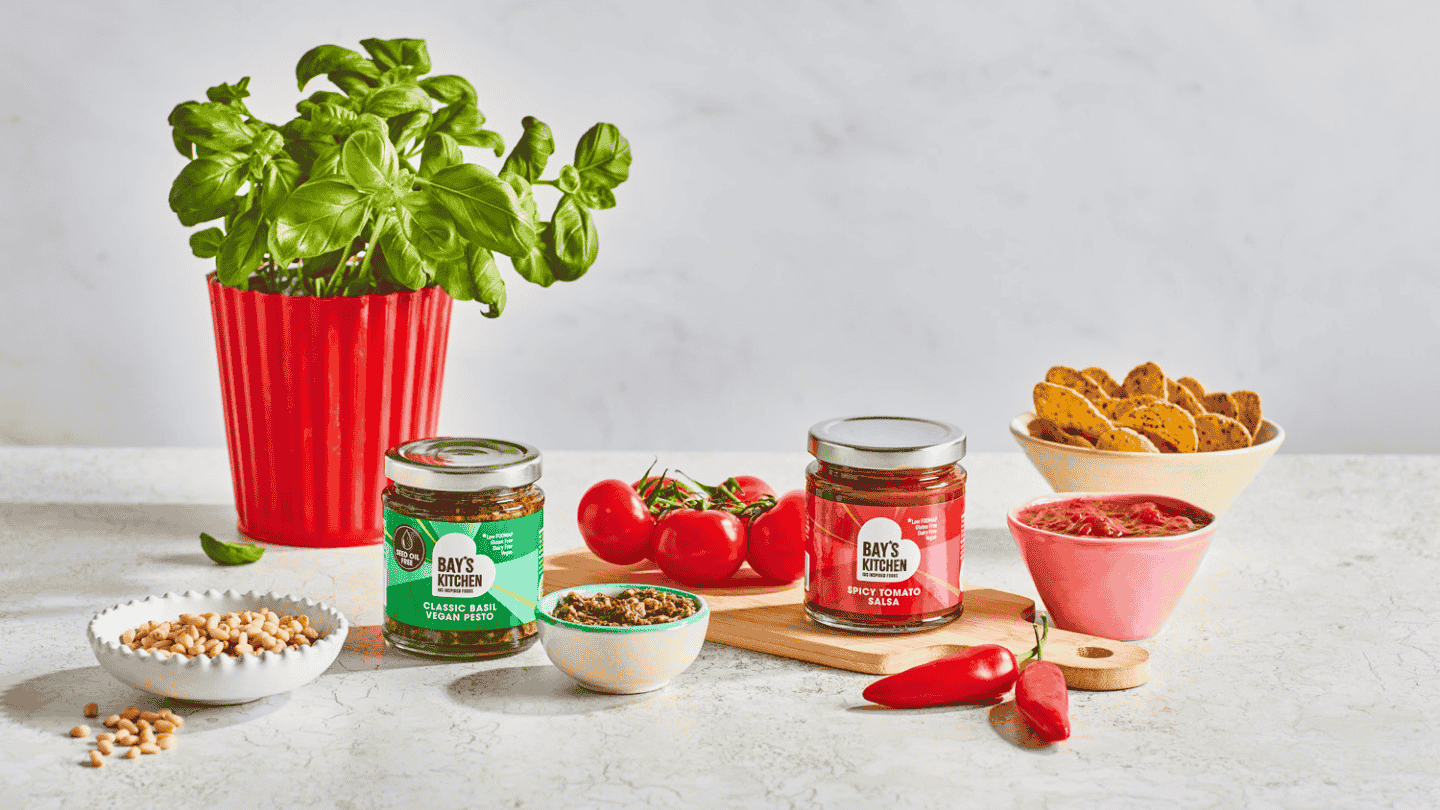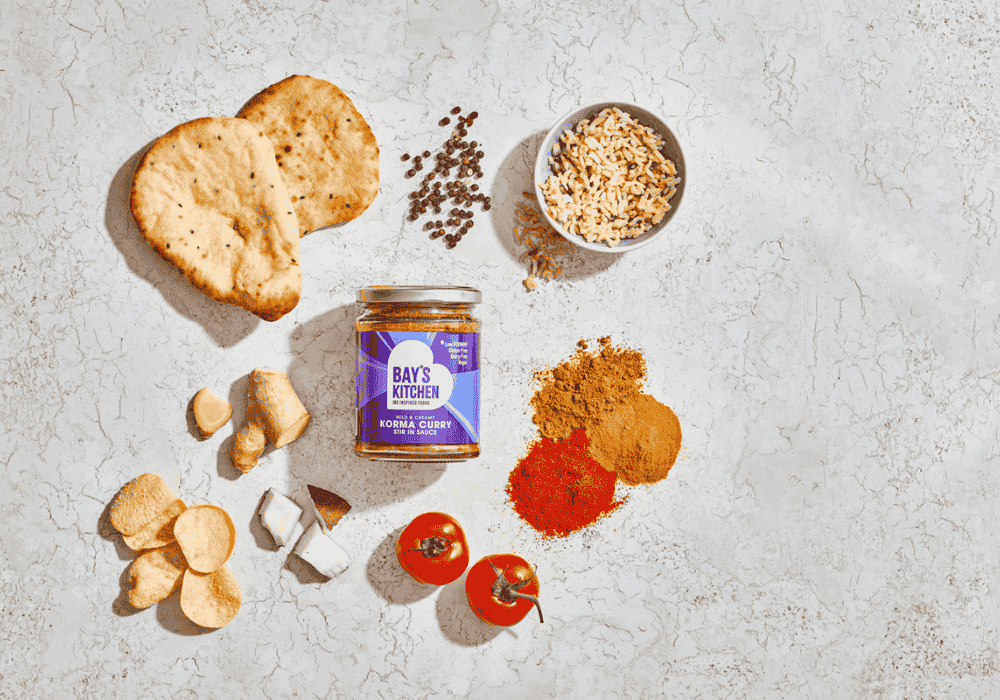Dealing with a surge of gut symptoms after Christmas? We asked dietitian Laura Tilt (@nutritilty) for some advice on managing the festive fallout.
1. Don't panic!
It’s quite normal to experience more gut symptoms than usual both during and after the festive season – the combination of rich food, more FODMAPs than you might be used to eating, late nights, alcohol and stress can trigger symptoms like heartburn, bloating and changes in your poo.
2. Ease up on trigger food & drink
Try easing back on foods and drinks that can be symptom triggers – have a week away from alcohol (or at least a couple of days), reduce your caffeine intake and stick to lighter, low FODMAP meals (think eggs on toast, low FODMAP vegetables, rice, fish and poultry versus creamy sauces and spicy foods) to allow symptoms to reside.
3. Move & sleep
A lack of sleep and a change in activity levels can also affect gut symptoms. Plan on some early nights and try to eat your evening meal by 7pm, giving your gut time to digest food before you head to bed.
Exercise can be helpful too – but rather than intense workouts (which can be tough on the gut) build in some gentle exercise like a slow flow yoga class, walking or swimming.
4. Remember that you don’t need to detox
It can be tempting to buy into diets, supplements or other products which promise to ‘detox’ or ‘cleanse’ your gut, particularly if it’s feeling very sensitive after the festive season, but my advice is to steer clear.
Your body has its own inbuilt detox organs (your lungs, skin, digestive system, liver and kidneys!), and there’s no evidence that supplements, teas or diets are beneficial. Some actually contain laxatives, which can worsen gut symptoms.
Simple steps such as drinking plenty of non-caffeinated fluids, eating a wide range of colourful fruits and vegetables, getting good quality sleep and gentle exercise are some of the most effective things you can do to take care of your body.
5. Keep track of your symptoms
Bear in mind that it can take several days for symptoms to improve or reduce following a flare-up, but if you find that they continue for longer than a couple of weeks, keep a symptom diary and check in with your G.P. You can also request a referral to a dietitian for help with managing your IBS if the steps you’ve taken haven’t improved symptoms.
Check out Bay’s Kitchen Food & Symptom Diary!






